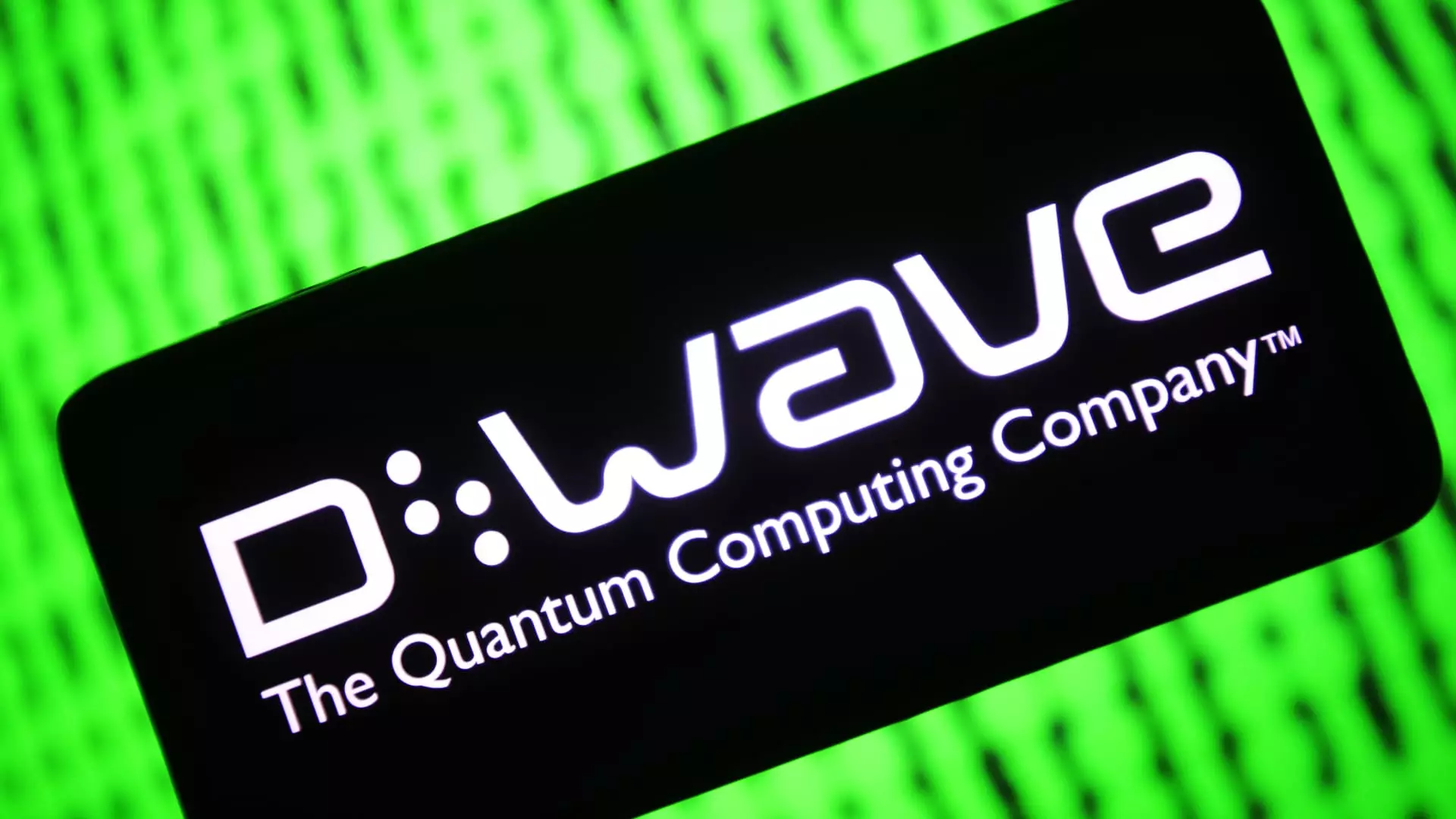The landscape of quantum computing took a significant turn recently, as stocks in the sector experienced a notable upswing. This increase was largely ignited by Microsoft’s proactive initiative encouraging businesses to become “quantum-ready” by 2025. This sort of corporate endorsement is crucial, especially given the current climate of investor sentiment, which appeared to return to a risk-on approach following lower-than-expected core inflation reports from December. Thus, it seemed that broader economic indicators were favorably aligning to bolster confidence in more speculative markets, including quantum technology.
In a recent blog post, Mitra Azizirad, the president and COO of Microsoft’s strategic missions and technologies division, articulated a bold vision for quantum computing. She claimed we are approaching what she termed the “reliable quantum computing era”, suggesting a future where quantum computers don’t just exist but are actively solving intricate problems at a pace unmatched by traditional computers. This statement from Microsoft is synergistic with the general wave of optimism that has characterized the quantum sector. Stocks such as Rigetti Computing and D-Wave Quantum painted an encouraging picture, showcasing increases of over 16% and 13% respectively on the heels of Microsoft’s announcement. IonQ further distinguished itself with a remarkable 26% gain, exemplifying the potential of these companies as catalysts of technological evolution.
The Broader Implications of Quantum Computing
The implications of quantum computing stretch far beyond typical investment returns; they signify a fundamental shift in how we approach data processing. By harnessing the principles of quantum mechanics, this technology is poised to address challenges that presently seem insurmountable for classical computers, particularly in complex problem-solving and vast data analysis. However, despite the hype generated by recent announcements, skepticism still looms large. Notably, Nvidia’s CEO, Jensen Huang, and Meta Platforms’ Mark Zuckerberg cautioned against inflated expectations, emphasizing that practical applications for quantum computing may still be decades away.
While the advancements in quantum computing spark excitement, investors and stakeholders ought to remain grounded. It’s essential to balance the enthusiasm fabricating around quantum investments with a pragmatic understanding of the timeline and the actual risk involved. The promise of real-world applications does rally intrigue, yet seasoned analysts contend that we might be navigating through a cycle of unrealistic anticipation concerning the immediate capabilities of quantum computers. Stock fluctuations in this domain will likely continue as developments unfold, intertwining investor confidence with critical advancements in technology.
The recent rally in quantum computing stocks illustrates a growing interest and belief in the future of this transformative field, prompted by significant backing from major corporations like Microsoft. However, as we ride this wave of optimism, a cautious approach is warranted. The convergence of theoretical potential and practical realization in quantum computing is a delicate balance, one that will determine whether it truly becomes a cornerstone of our technological future or remains a tantalizing promise of what is to come.

